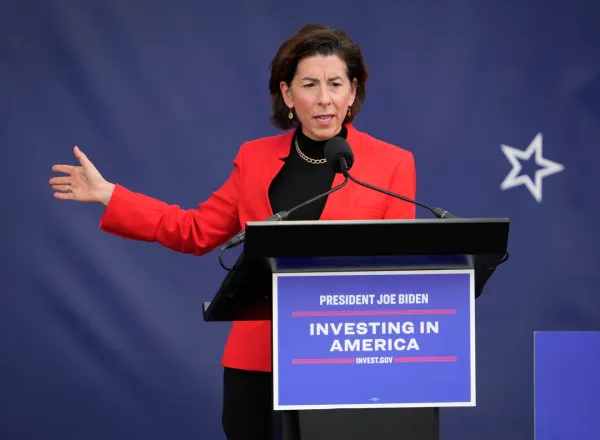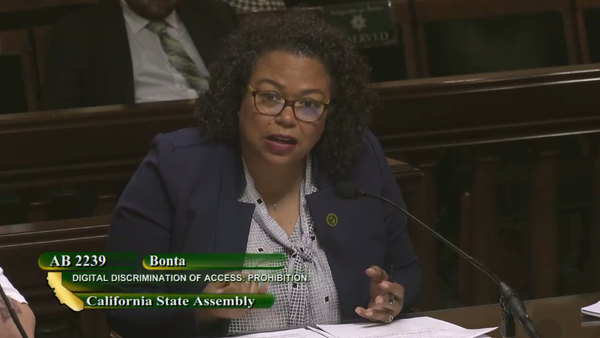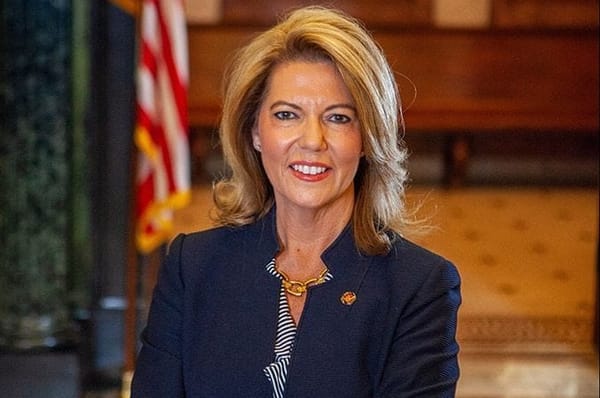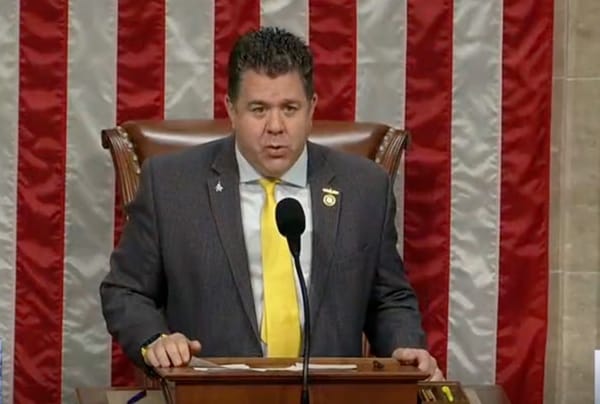Universal Service Reform Gets Bipartisan and Industry Support
WASHINGTON, September 16, 2010 – The Universal Service Fund is clearly in need of reform but rather than fully overhaul the program, Reps. Rick Boucher, D-Va., and Lee Terry, R-Neb., have introduced a bill targeting the high cost fund, the method of fund collection and the inclusion of funds for the
WASHINGTON, September 16, 2010 – The Universal Service Fund is in need of reform but rather than fully overhaul the program, Reps. Rick Boucher, D-Va., and Lee Terry, R-Neb., have introduced a bill targeting the high cost fund, the method of fund collection and the inclusion of funds for the support of broadband.
H.R. 5828, the Universal Service Reform Act, has received support from a broad range of stakeholders including Verizon, the National Cable and Telecommunications Association and the National Telecommunications Cooperative Association.
“The bill modernizes a program that ensures the availability of communications connections to millions of Americans, benefiting not just the rural residents who live in high-cost areas, but benefiting the entire nation. We are a stronger nation when we are all connected through telecommunications,” said Boucher, who represents a rural district, at a Thursday Hill hearing discussing the fund.
The committee recognizes that while the inclusion of broadband in the fund is important, the rising cost to consumers is also a problem. To solve this issue, the bill mandates that USF taxes be applied to broadband providers in addition to telephone providers. In addition, rather than assess a tax based on revenue, the bill requires a flat amount based upon the total phone numbers issued.
This new inclusion of a tax based upon phone numbers does pose challenges. Rep Mike Doyle, D-Pa., raised the question of how devices which provide access to the internet such as the Amazon Kindle, will be taxed. The Kindle uses a whisper net provided by Sprint to connect to the internet. In counterpoint, the Sony eBook reader requires users to connect via a Wi-Fi network and would not be taxed.
The bill does however allow for exclusions or discounts for entities which use bulk numbers such as universities or large corporations.
The inclusion of broadband received broad support from the committee members along with the Federal Communications Commission. In a statement, Carol Mattey, deputy chief of the Wireline Competition Bureau, said: “The current system, which wasn’t designed to explicitly support broadband, is not working for everyone. While consumers in some places in rural America have access to some of the best broadband networks in the country, others don’t have access to broadband at all, even though they are served by providers eligible for universal service support. While many speak of an urban/rural divide for broadband service, the more troubling trend is a rural/rural divide that reflects the antiquated structure and incentives of our current high cost program.”
“Universal service support is now the only remaining potential source of funding for broadband deployment to unserved and underserved areas,” said Qwest Senior Vice President Robert Davis. “Qwest thus supports the bill’s explicit authorization of universal service support for the provision, maintenance and upgrading of high-speed broadband service.”
A major criticism of the high cost fund is that often times in areas of support there are double the number of providers than in competitive areas. This occurs since all the providers in a high cost area are given some level of support. The bill would limit the number of support recipients to two per region. Additionally, these providers would also be required to provide broadband along with telephone service.
The bill also tackles the issue of intercarrier compensation by forcing all carriers to identify all traffic which originates on their networks and determine where it terminates.
Verizon’s Kathleen Grillo said: “It is not possible to maintain the current intercarrier compensation system in today’s communications market. The current system is based on the idea that there are meaningful distinctions between interstate and intrastate services and between telecommunications and information services. The result of these distinctions is the current patchwork of vastly different charges and rates for communications traffic depending on what the traffic is, where it came from, and where it is going. In a market where most consumers now purchase a bundle of any-distance services (such as phone, TV, and Internet access), these distinctions are meaningless. And even in situations where it is still possible to measure traffic in these ways, continuing to do that just for intercarrier compensation purposes does not make sense. All of these complications and uncertainty reduce investment in broadband.”






